ICD4VET: Interactive Curriculum Development for Technical Vocational Education and Training
The ICD-4TVET project’s main objective was to develop an open innovation concept and an approach to optimize and accelerate the process of creating curricula in the technical VET sector.
This practical contribution was expected to be achieved by suggesting an Interactive Methodology for VET Curricula development able to incorporate market trends/needs and respond to them in a fairly limited amount of time. This was implemented through a digital platform with the appropriate tools to modify the curricula automatically.
The digital platform developed in the context of the project enabled the labor market actors to define their needs as they occur on the basis of ESCO, so the other stakeholders–ranging from national authorities to individual VET schools–could adapt swiftly to these needs with the creation of adequate, flexible curricula and training programs.
Aim
The ICD-4TVET project’s main objective was to develop an open innovation concept and an approach to optimize and accelerate the process of creating curricula in the technical VET sector, in order to:
- enable Europe’s VET institutions to keep up with the demands of the labour market and
- enable VET Learners/ Graduates and workers to pursue a successful career in terms of school and profession;
- foster quality improvements, innovation excellence and internationalisation at the level of education and training institutions, in particular through enhanced transnational cooperation between education and training providers and other stakeholders.
Target groups
Every stakeholder involved in the process of VET education provision that is Graduates-Learners, VET Providers, National Authorities, the EU & the businesses that employ VET graduates
Results
Throughout the project’s outputs, it was expected that:The communication between different stakeholders in creating VET curricula will be simplified and accelerated;
- An innovative methodology on developing VET curricula corresponding to the labour market’s needs and demands was created;
- A systematic approach to create and manage VET curricula was developed-within a modular, segmented, digital system;
- The individual validation process concerning competences and qualification through a standardized
- but adaptable – assessment system was supported (based on ESCO, the multilingual classification of European Skills, Competences, Qualifications and Occupations)
- The ICD-4TVET Methodology and platform was pilot tested in the fields of plastic industry, metal industry and ICT;
- Future trends and promising recent technologies and innovations were be identified.
Multiplier events
In each partner country, multiplier events disseminating the developed results were organized.
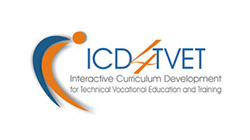
Project duration:
September 2019 – June 2022

More information:
Project coordinator
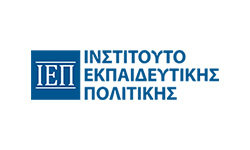
Institouto Ekpedeftikis Politikis
Greece
Project partners

Fundacja Rozwoju Aktywności Międzynarodowej i Edukacyjnej – FRAME
Poland
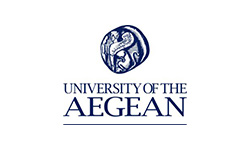
University of the Aegean
Greece
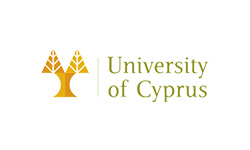
University of Cyprus
Cyprus
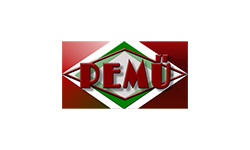
PEMU
Hungary
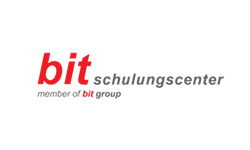
bit Schulungscenter GmbH
Austria
Contact the project supervisor
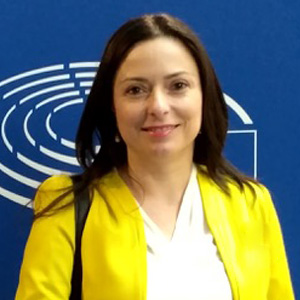
Marta Kędzia
mkedzia(at)euframe.eu

